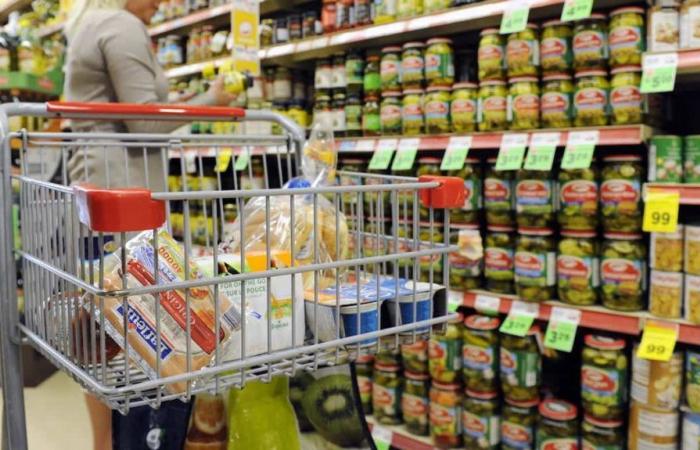Quebec should consider the possibility of abolishing taxes on food at the grocery store, according to an expert who believes that these taxes are simply “immoral”.
“We should review the morality of taxing food at retail, period. I don’t understand why we tax food,” says food expert Sylvain Charlebois in an interview.
“We always think there are taxes on snacks and junk food, but that’s not quite it. There are products which are not taxable which become so. There are health products that are taxed. Families are penalized accordingly. I think we should have a debate on the taxation of grocery store products as soon as possible,” he adds.
COURTESY PHOTO
Complicated
For Mr. Charlebois, the problem is that these taxes are often “insidious” and “hidden”, which Bill 72, studied Wednesday in the National Assembly, intends to correct, at least in part, by forcing merchants to clearly indicate which products are taxed on shelves.
The Quebec Food Retailers Association (ADA) believes that the changes proposed by Quebec to the display of prices in grocery stores are too difficult to apply.
“An average grocery retailer has over 20,000 products in inventory. This means that each change in labeling, which may seem trivial at first glance, requires a large number of interventions on the part of employees,” we can read in the brief filed by the ADA.
It is easy to see how Mr. Charlebois’ proposal would simplify things in this regard: if retail foods were not taxed, it would not be necessary to print labels to distinguish the products.
Immoral
The Dalhousie University professor also believes that the problem of grocery taxes is growing in importance as time goes by.
“There are more and more single-person households, and as single people eat less, small sizes will become more and more popular,” he explains.
However, it is precisely these products that are increasingly taxed. “There are no taxes on a box of four muffins, but two muffins are taxed,” recalls Mr. Charlebois, who deplores a “blatant lack of transparency” on the part of grocers on this subject.
In fact, we often have to examine our receipt to find out which products have been taxed. And the information appears in code form next to the articles, which also requires an effort of interpretation on the part of consumers.
The expert agrees, however, that taxes could continue to be applied to certain products prepared at the grocery store, to avoid unfair competition with restaurateurs.
“But in many cases, it is immoral to tax food,” he concludes.
Do you have any information to share with us about this story?
Write to us at or call us directly at 1 800-63SCOOP.






